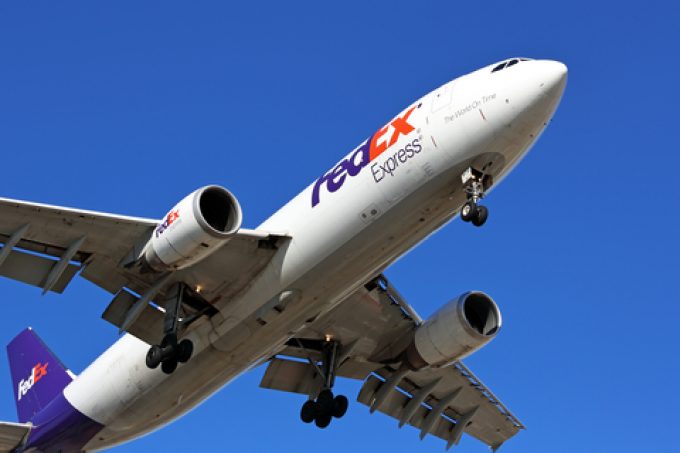FedEx message regarding passing of founder and executive chairman Frederick W. Smith
June 21, 2025 10:13 PM The following is a message sent to FedEx team members. Team, It is ...

FedEx and UPS have entered the new year with plans to trim their workforce more, starting 2024 on a defensive note.
At FedEx, more cutbacks loom over the integrator’s pilots, while UPS intends to eliminate positions at its Centennial hub in Louisville.

Comment on this article